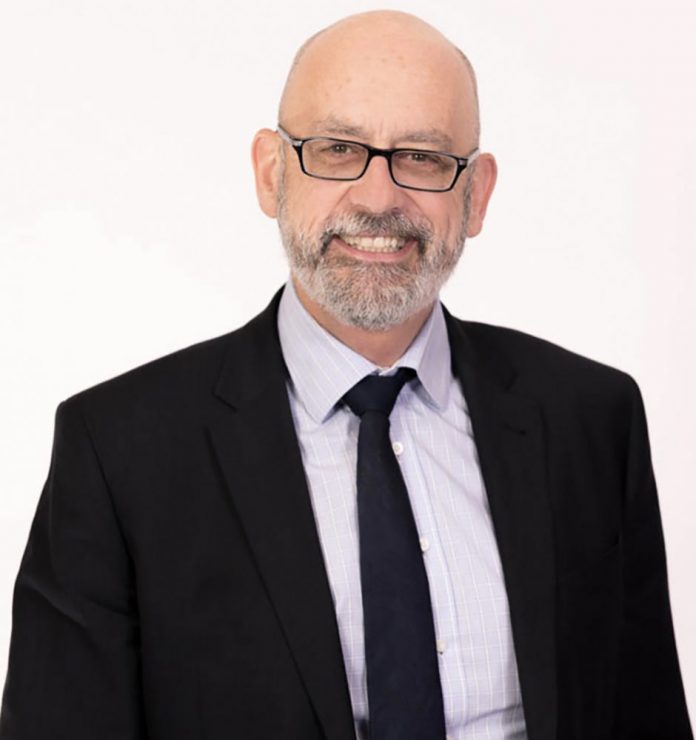TOM HAYES
By TOM HAYES
UP to 15 per cent of state government funding is proposed to be slashed from the community health budget, causing uproar in regional community health services.
Latrobe Community Health Service (LCHS) is a government-funded organisation which also is funding through the Department of Health and Department of Families in recent years.
LCHS works with many people within the community, hoping to keep them stay healthy, without funding leaves a grey area.
“It’s that healthcare that works with [the community] to keep them healthy,” LCHS chief executive Ben Leigh said.
“This program has been funded for years in community health, we’ve got a really skilled team, practitioners working on the ground, working in communities, and working on issues like healthy eating, exercise, smoking and increasingly now, vaping.”
Mr Leigh, spoke on the importance of government funding in the community health sector, and what effect they could have on the community.
“We’d be cut by over 15 per cent of what’s called … disease prevention funding, and so for us that’s in excess of $170,000,” Mr Leigh said.
“That’s going to have a huge impact, particular in our community, Latrobe, we know that the Latrobe community faces many health challenges … and to be taking that, ripping that out of Latrobe, is just the wrong thing to be doing.”
Not only could these cuts leave the community short, but also the highly-skilled staff that is hard to come by in rural areas.
“It’s always difficult to get skilled staff into rural areas, we’ve got a really highly-skilled team,” Mr Leigh said.
“Taking over $170,000 out of that team, is severely going to affect the way that we staff it and retain those really skilled employees in our rural area.”
The current state of local hospitals is reaching boiling point, with it becoming increasingly harder to get instant care when needed, due to the intake of patients.
LCHS tackles primary health and preventative health, compared to hospitals that deal with urgent care and medical conditions.
Even due to this fact, the current state of regional hospitals and only increased the intake by LCHS.
“We still have a lot of diseases in the community that are caused by lifestyle, and so we see the hospitals are under a great burden at the moment,” Mr Leigh said.
“That’s why it’s even more important to be investing heavily in preventing those diseases, which is leading to this.
“Afar from cutting this funding, the government needs to increase it, we’ve been arguing that this funding needs to be increased … all governments need to really seriously look at this and increase their investment in primary health and preventative health care, in order to relieve the pressure on our hospitals (and providers).”
LCHS is hoping the state government will reverse their decision, considering the severe impacts that the cuts could potentially lead to.
“We’re asking government … it’s the wrong funding, it’s the wrong time, they just need to seriously reconsider this, we ask them to just to do a complete U-turn on this,” Mr Leigh said.
“We’re always warranted to be optimistic.
“The demand in our hospitals, a lot of it is caused by an under-investment in preventative health in our communities.”
Mr Leigh believes the proposed cuts to be ill-timed.
“The funding is designed to keep people well, so cutting this just lacks any foresight, and it just is the wrong funding to be cutting and the wrong time to be doing it,” Mr Leigh said.
The health industry has progressively become one of the most important industries in the Latrobe Valley, rising throughout the COVID pandemic and beyond.
Mr Leigh believes the funding is “critical” as the health industry has quickly become one of the most prominent industries in the region.
“Not cutting this funding is critical, particularly again in rural areas, we suffer unique challenges,” he said.
“This will affect other health services across Gippsland, not just Latrobe Community Health Service.
“The impact will be really felt by communities, so I cannot stress how important this is.
“Perhaps it’s not as visible, this sort of funding, this work is not as visible as ambulances ramping outside of emergency departments, but it is equally as important.”
Member for Eastern Victoria Region, Melina Bath, labelled the proposed cuts as “reckless”, yet LCHS are looking to take a different approach toward the government.
“We know that government is facing budget challenges, and we do know that our government in Victoria takes healthcare very seriously,” Mr Leigh said.
“We’re not criticising the government, but what we’re saying is that this is a particular budget decision that we believe is just not the right one at this time, and we are just asking government to listen to us on this one.”
Mr Leigh believes much more can be done within the health sector, compared to the proposing cuts that will instead take things away from the sector.
He reiterates that the community health sector could do much more with a boost, rather than a cut that puts the system in jeopardy.
“The funding within [the Medical Benefits Schedule], it’s not now enough to support good and effective primary healthcare, and the federal government needs to look seriously at [the MBS], and making it sustainable, and increasing it to a level that allows the delivery of excellent, comprehensive and accessible primary healthcare,” Mr Leigh said.











